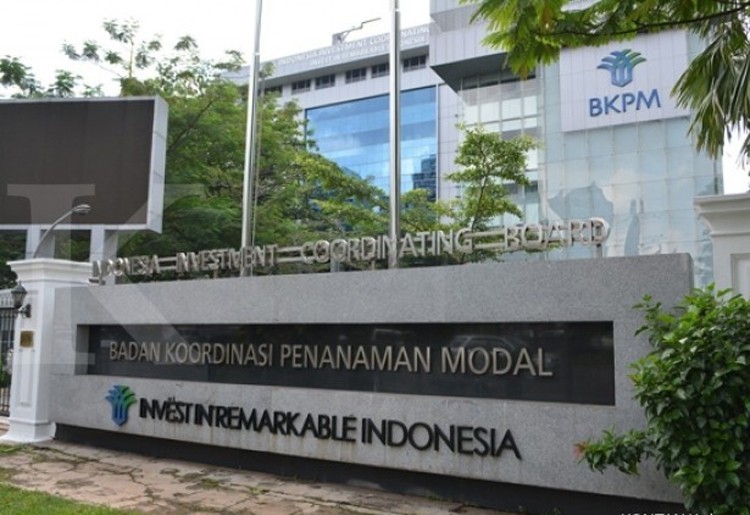To reduce the country’s current account deficit (CAD), the government is considering encouraging foreign investors to keep funds in the country through a policy known as the reverse Tobin tax.
To reduce the country’s current account deficit (CAD), the government is considering encouraging foreign investors to keep funds in the country through a policy known as the reverse Tobin tax.
The idea was reportedly first expressed by University of Indonesia (UI) economist Chatib Basri in a statement in early January. The former finance minister said the government should introduce the reverse Tobin tax to make the economy more resilient to global financial market turmoil.
But what exactly is the reverse Tobin tax?
The Tobin tax was introduced in 1972 by United States economist James Tobin as a tax on currency conversions to discourage speculative investment and buttress the stability of a country’s currency.
However, instead of taxing investors who want to pull their money out of a country after a short period of time, Finance Ministry fiscal policy head Suahasil Nazara said the government was considering Chatib’s suggestion of the reverse Tobin tax, which would incentivize foreign investors to reinvest profits and expand long-term businesses in Indonesia.
“We want to give [foreign investors] incentives to keep the money that has entered Indonesia in the country,” Suahasil said recently in Jakarta.
He said the incentive would not only be given to portfolio investors but also direct investors to attract them to reinvest their profits and expand their real-sector businesses.
Noting that the idea was still being discussed at the ministry, Suahasil declined to divulge details on how the reverse Tobin tax may be implemented, as the government needed more time to figure out the policy.
Center of Reform on Economics (CORE) Indonesia research director Piter Abdullah told The Jakarta Post on Monday that, if implemented, the reverse Tobin tax policy would have a positive impact on foreign investors’ appetite for investing in Indonesia.
“In theory, this policy will not have a negative impact on the country’s investment climate, as it gives incentives to those who reinvest their money in the country,” he said.
Similarly, Danny Darussalam Tax Center (DDTC) tax research partner Bawono Kristiaji said if the policy was implemented, it could be less risky than the normal Tobin tax.
“The Tobin tax can pose a risk to a country, as it will create fear among investors that they can’t move their funds freely,” he said, adding that such fear would affect the foreign capital inflow Indonesia depended on.
Piter said once the study was finished and the policy was applied in the country, it could also help the country reduce its CAD by narrowing the primary income deficit that had been the biggest contributor.
Bank Indonesia (BI) recorded a CAD of US$8.8 billion in the third quarter of 2018, equal to 3.37 percent of the country’s gross domestic product, following the rupiah’s depreciation caused by multiple hikes in the US Federal Reserve’s key interest rate, the federal fund rate as well as by slower export growth and increased imports last year.
Despite the widening gap, BI Governor Perry Warjiyo recently said he was optimistic that the 2018 deficit could be maintained at around 3 percent.
A reverse Tobin tax, Piter continued, was also in line with other fiscal incentives the government had issued in the past few years to attract money into the country, particularly in the real sector.
Those incentives include tax holidays, under which the government grants companies investing in any of 18 pioneer industries to enjoy “full to partial” income tax cuts for several years depending on their investment value, and the time deposit interest tax cut for exporters repatriating money to Indonesia.
Bawono, however, noted the seemingly interesting reverse Tobin tax policy should be coupled with government measures to shore up investor confidence through a favorable monetary policy and stability.
“Investors always look for a high rate of return, so the government should be able to ensure that their investment will give them high returns and provide stability as well,” he said.

